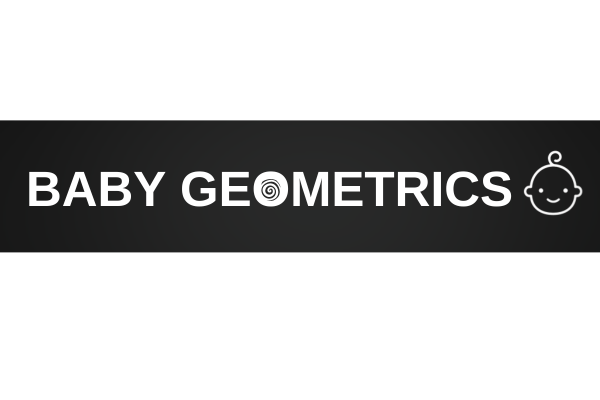Playtime isn’t just fun; it’s one of the most critical building blocks for a child’s development. From the earliest days of life, babies explore the world through play, fostering brain growth, motor skills, emotional well-being, and even lifelong learning habits. Let’s dive into the science behind early childhood development and how playtime lays the foundation for your baby’s future.
The Role of Play in Brain Development
During the first few years of life, a baby’s brain forms over a million neural connections every second. Play stimulates these connections, enhancing cognitive, emotional, and social development. Activities like manipulating toys, looking at high-contrast patterns, or exploring sensory objects activate different areas of the brain.
Research from the Harvard Center on the Developing Child shows that playful experiences contribute to the development of executive functions like memory, attention, and problem-solving—skills critical for success in school and beyond.
Why Sensory Play Matters
Sensory play engages a baby’s senses—touch, sight, sound, taste, and smell—to promote curiosity and discovery. For instance, high-contrast toys and flashcards help strengthen a newborn’s developing vision. By six months, a baby’s vision sharpens, but early exposure to visually stimulating patterns aids in faster recognition and tracking abilities.
Engaging sensory activities also support fine motor skill development, as babies learn to grasp, reach, and manipulate objects. These movements are foundational for later milestones like writing, eating, and dressing.
Social and Emotional Benefits of Play
Playtime isn’t just for babies—it’s for parents, too. Interactive play fosters bonding, building trust and emotional security between you and your child. Games like peek-a-boo, singing songs, or using hand puppets teach social cues and emotional regulation while strengthening your connection.
When babies engage in play with others, they also develop empathy and teamwork skills. Sharing, taking turns, and observing others during play lay the groundwork for healthy social interactions later in life.
How to Make Playtime Count
- Choose Developmental Toys: Opt for toys that grow with your child, like Baby Geometrics’ high-contrast flashcards, vision boards, and sensory blankets.
- Create Play Zones: Designate spaces for safe exploration and hands-on activities. A floor blanket with visually stimulating patterns is a perfect start.
- Incorporate Everyday Items: Simple objects like measuring cups or textured fabrics can turn ordinary moments into learning experiences.
- Follow Your Baby’s Lead: Watch for cues—when your baby is curious, engaged, or laughing, you’re on the right track.
The Long-Term Impact of Play
Play doesn’t stop at infancy. The skills your baby develops during playtime—creativity, resilience, problem-solving—will shape their growth for years to come. By embracing the science of early childhood development, you’re not just giving your child a head start; you’re nurturing a lifetime of curiosity and confidence.
Make Playtime Memorable with Baby Geometrics
At Baby Geometrics, we believe every moment matters. That’s why our products are thoughtfully designed to stimulate your baby’s mind, encourage sensory exploration, and create unforgettable memories. Whether it’s through our flashcards, blankets, or rattles, we’re here to support you in making playtime more than just fun—it’s a stepping stone to success.
Explore our collection today and start building your baby’s bright future, one playful moment at a time.

